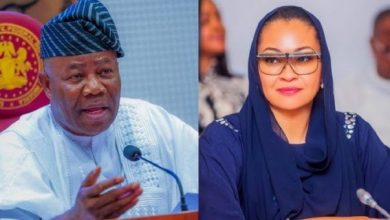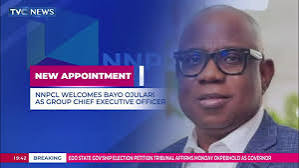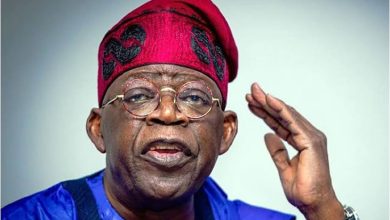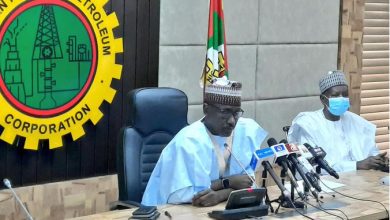FG inaugurates committee on review of national youth policy
According to the Permanent Secretary of the Ministry of Youth and Sports Development, periodic evaluation of the National Youth Policy guidelines has become necessary
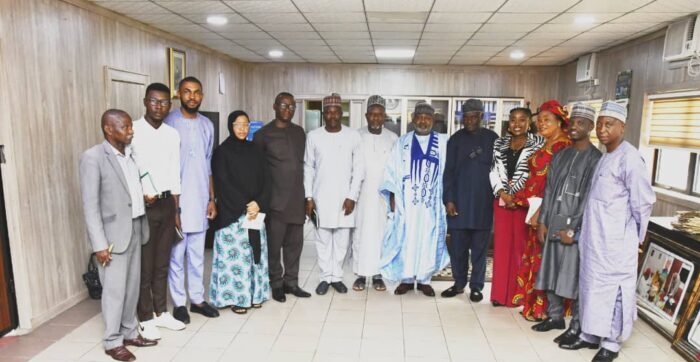
The Permanent Secretary of the ministry, Ismaila Abubakar, while inaugurating the Committee, said that the aim was to ensure that the Ministry had a befitting Policy Document that would serve as a guide for developing the nation’s teeming youth.
A statement issued in Abuja on Thursday by Mohammed Manga, Director, Press and Public Relations, Federal Ministry of Youth and Sports Development, stated that the inauguration was under the timeline for review.
The National Youth Policy, like other government policies, is the handbook of the Federal Ministry of Youth and Sports Development’s guide on youth development, as it represents the declaration of the Nigerian Government to the practical support it intends to give to its youth.
He stated further that the 2019–2023 Edition of the National Youth Policy was in the last lap of its journey, especially as the policy itself stipulates a five-year periodic review, hence the need to begin the process.
Mr Abubakar said that part of the successes recorded in implementing the 2019-2023 Edition of the NYP by the federal government includes youth inclusion, participation, and access to information, which enables them to know their rights.
He said the ministry, in partnership with civil society organisations, the private sector, and international agencies, had taken the National Youth Policy to the grassroots through enlightenment and publicity.
He added that various programmes and projects were also implemented across the six geopolitical zones in line with the government’s policy thrust.
Mr Abubakar explained that the periodic review of the NYP guidelines had become imperative, mainly due to the dynamic nature of human endeavour, which he emphasised was not static.
The permanent secretary observed that there have been a lot of changes in the perception and actions of Nigerian youth towards government policies in the last five years, especially in the era of Information Communication Technology (ICT).
Besides, he said, the age range of youth (15–29) in the current edition of the NYP had generated a lot of debate and controversy, as it appeared to fall short of Nigerian and African youth age reality.
This, he said, was the justification for the review to address the current situation.
It is in view of these that the government approved the commencement of the review process with the formation and inauguration of the Committee, which is expected to work from now to February 2024.
I charge you (the Committee) to bring your wealth of experience to bear in ensuring that we produce a one-stop-shop Policy Document for implementation by the government.
Other terms of reference are amongst others, to oversee the entire review process of the National Youth Policy 2024-2027 until its launching and ensure integration of youth concerns from each geo-political zone into the final policy document.
Ensure that the new policy is in tune with global trends, supervise the various consultations with stakeholders during the review process, and bring up any other activity that will add value to the process.
Mr Abubakar commended all relevant stakeholders for their support in ensuring the success of previous reviews and the implementation of the editions.
He, therefore, called on development partners and other relevant stakeholders to ensure youth issues were mainstreamed into the national agenda.
Mr Abubakar assured that the ministry would maintain open doors to partnerships and collaborations.
He expressed confidence in the committee’s ability to live up to its task of producing a new Policy for Nigerian Youth in line with the policy thrust of the President Bola Tinubu-led Administration.
The Chairman of the committee, also the Director of Education and Youth Development (EYD) in the ministry, Kabiru Mohammed, gave the assurance that members would work tirelessly to provide Nigeria with the best policy document, in line with global best practice.



